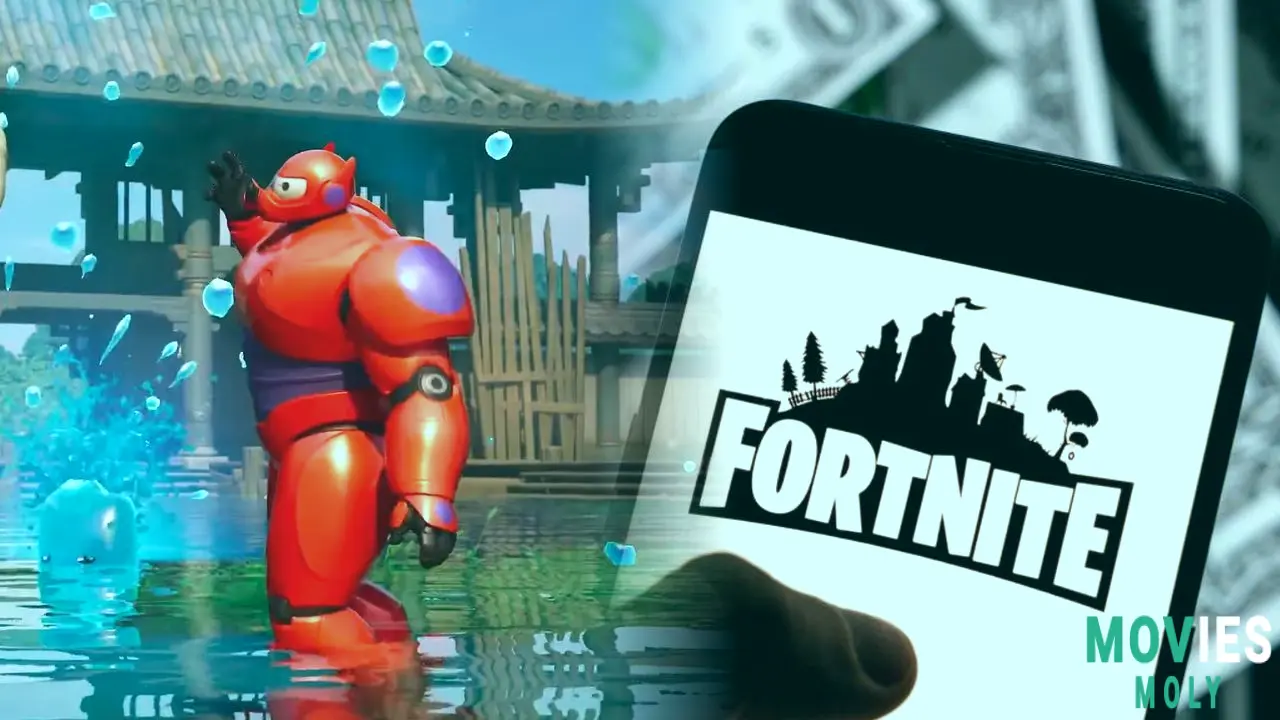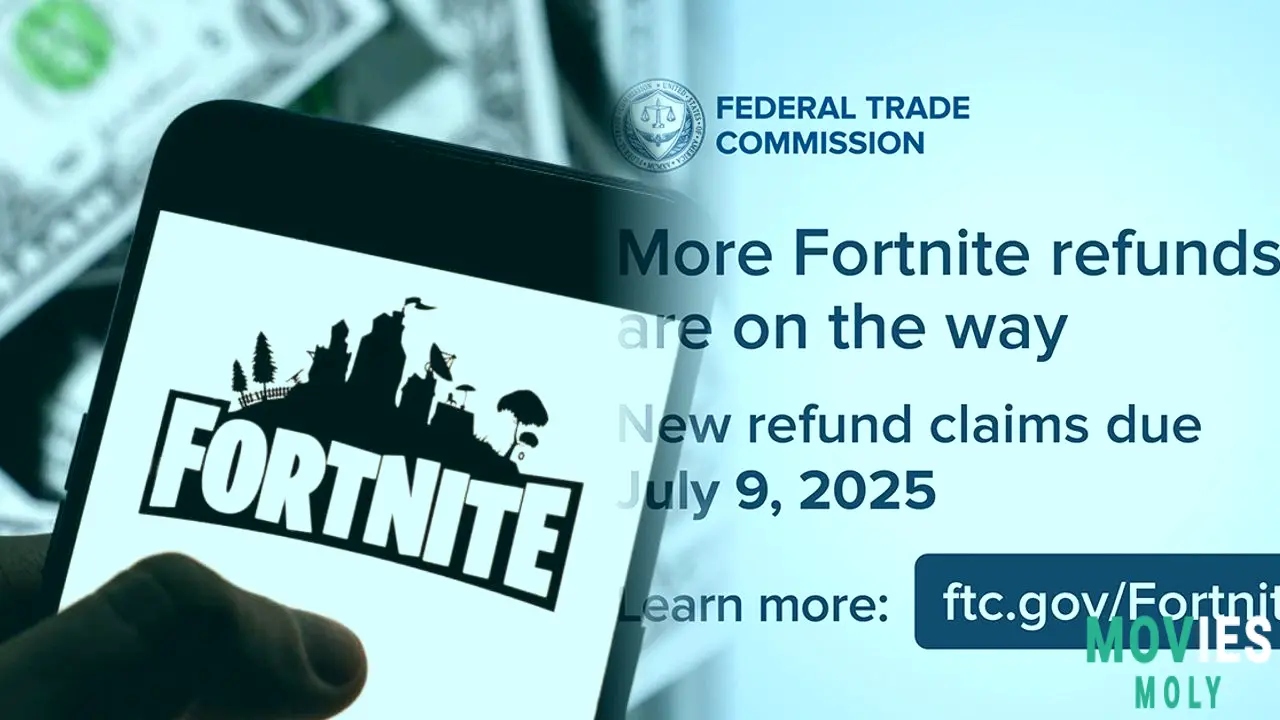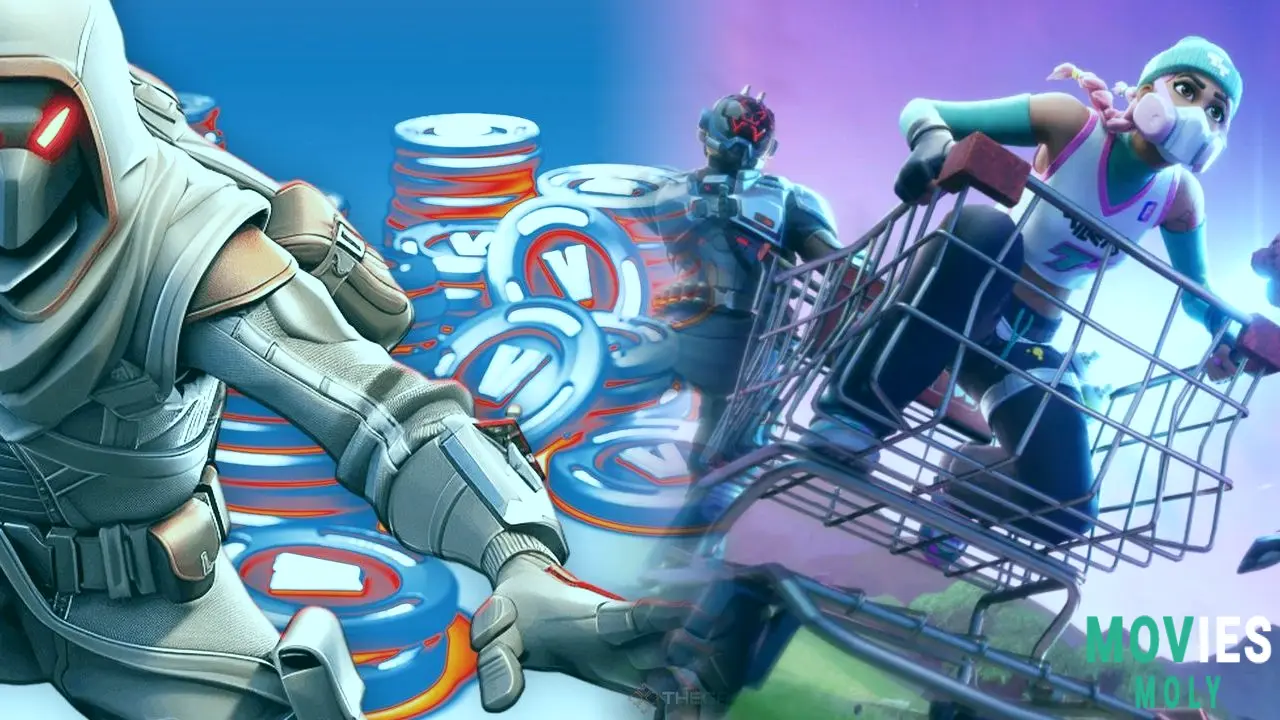As a long-time spectator of the entertainment industry, particularly the ever-expanding field of video games, I've witnessed my fair share of conflicts. But few have seemed as significant for consumer rights as the Federal Trade Commission's recent charges against Fortnite. The FTC's decision to reimburse millions of dollars to players charged for undesired transactions is a positive development. It sends a clear message that even the biggest game creators must follow the rules and protect their players, particularly youngsters.
The popular battle royale game Fortnite, a huge hit for Epic Games, has come under fire for its billing procedures. While the game is free to download and play, it is highly dependent on in-game purchases for stuff such as costumes and dancing skills. This is standard in the industry, but the FTC determined that Epic Games went too far by employing "dark patterns" to deceive players into spending money they did not want to.
This isn't just about a few unintentional clicks; it's about a widespread problem that affects millions. I believe that this settlement establishes an important precedent for the broader gaming industry, demonstrating that consumer protection agencies are paying attention and willing to act when corporations choose profit over fair behavior. It's a situation that really emphasizes the importance of regulatory supervision.
The Federal Trade Commission steps in to protect Fortnite players from deceptive practices.Epic Games' controversial billing tactics resulted in unwanted purchases.
The Federal Trade Commission claimed that Epic Games employed a number of misleading design methods in Fortnite. These "dark patterns" were meant to persuade players, particularly youngsters, to make unintentional purchases. Imagine attempting to wake your game from sleep mode or simply previewing an item only to be charged because a button was put in a confusing or inconsistent location with other actions. This is precisely what the FTC alleged was occurring.
The FTC's lawsuit described how Fortnite's button settings were "counterintuitive, inconsistent, and confusing," resulting in unexpected charges with "the press of a single button." This wasn't just an inconvenience; it was a purposeful design decision that allowed minors to accumulate unauthorized charges without adult supervision. Furthermore, the FTC accused Epic of preventing consumers who disputed these charges from accessing purchased content, thus keeping their accounts hostage.
It's difficult to picture a firm, particularly one with such a large audience, intentionally implementing such tactics. However, the FTC's charges provide a clear picture of a system structured to abuse user behavior. This type of trickery is precisely what consumer protection laws are designed to avoid.
A Massive Settlement: How $520 Million Will Make Things Right For Fortnite Players

The Two Sides of Epic's Agreement with the FTC
Epic Games settled these significant charges with the FTC for a staggering $520 million in December 2022. This enormous money was divided into two parts. A $275 million penalty was imposed for breaking the Children's Online Privacy Protection Act (COPPA), the highest penalty ever imposed for an FTC regulation violation. This section of the settlement also compels Epic to update its default privacy settings, ensuring that voice and text communications are disabled by default for children and teenagers.
The remaining $245 million was set aside for consumer refunds, addressing the "dark patterns and billing practices" that resulted in undesired transactions. This is the greatest return sum the FTC has ever obtained in a gaming lawsuit, demonstrating the scope of the problem. While Epic Games did not admit any wrongdoing, they did claim that they signed the agreement to be "at the forefront of consumer protection" and give the "best experience for our players."
The FTC has been meticulous in delivering these payments. In December 2024, approximately 629,000 claimants received the first wave of refunds totaling $72 million. A second, even larger wave of over $126 million is currently being disbursed across nearly a million installments. This takes the total amount of money returned to consumers for misleading billing practices to nearly $200 million.
How to Claim Your Fortnite Refund: Deadlines and Payment Details You Should Know

Important Dates and What to Expect from Your Refund Payment
If you believe you were affected by Epic Games' billing methods, you can still request a refund. The FTC has reopened the claims procedure, and the new deadline for submitting a claim is July 9, 2025. This is an important date to note if you have not already applied.
If any of the following apply to you, you may be eligible for a refund: you were charged in-game currency for items you did not want between January 2017 and September 2022; your child made unauthorized charges to your credit card between January 2017 and November 2018; or your account was locked between January 2017 and September 2022 after you complained to your credit card company about fraudulent charges.
To register a claim, go to the official FTC page for Fortnite Refunds. You'll need either your Epic Account ID or a claim number. If you are under 18, a parent or guardian must file the claim on your behalf. It's vital to know that the FTC would never charge you a fee to receive a refund.
On June 25 and 26, the FTC began mailing out 969,173 checks and PayPal payments to anyone who have lodged a valid claim by February 14, 2025. If you receive a cheque, cash it within 90 days. PayPal payments must be redeemed within thirty days. If you filed your claim after February 14, 2025, the FTC is still evaluating it and plans to send out additional rewards in 2026 once all claims have been validated.
The amount you receive will be determined by a variety of criteria, including the number of people who file claims. Some players have reported getting as low as $20, while others have received up to $250.
Why this Fortnite refund is a big win for consumer protection (and a lesson for game developers)

Broader Implications for the Gaming Industry
I believe that the Fortnite refund action is more than just a payment. It sends a strong and clear message to the whole gaming industry. For far too long, some businesses have worked under the "move fast and break things" philosophy, particularly when it comes to monetization. The FTC's action here demonstrates that consumer protection is not limited to traditional goods and services; it also applies to the digital arena, where "dark patterns" can be just as detrimental as physical schemes.
This instance exposes children's specific vulnerability in online venues. When games are meant to be unclear or to circumvent parental approval, it is not a trivial flaw. It is a major breach of trust and, as the FTC has demonstrated, a violation of the law. I hope this encourages all game developers to reconsider their revenue techniques, with a heavy emphasis on transparency and ethical design.
The fact that Epic Games has committed to modifications such as a "hold-to-purchase" feature and rapid purchase cancellations demonstrates that industry standards can shift when authorities intervene. This is a positive move. It means that players can enjoy games like Fortnite without worrying about unwanted charges. This means that parents can feel more confident about their children's internet activity. This agreement lays the path for a more responsible and player-friendly future in gaming.
Finally, the Fortnite refund settlement is a win for players and a timely reminder for developers. It emphasizes that consumer trust is critical and that misleading actions will not be tolerated. As the gaming landscape evolves, I'm hopeful that this move will foster a stronger commitment to fair play, not just in the game itself, but also in how games are built and monetized. It is a win for everyone who believes in open communication and protecting the most vulnerable. If you are eligible, submit your claim by July 9, 2025.




